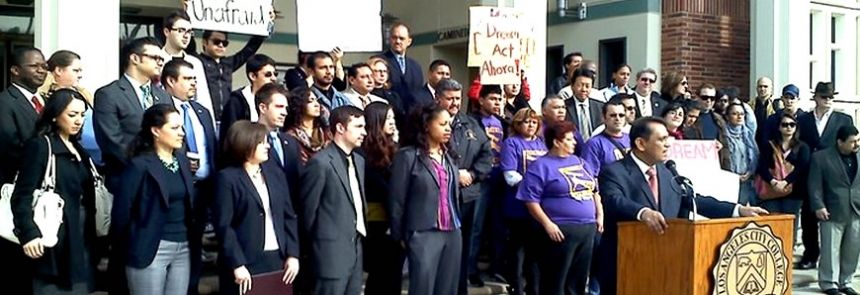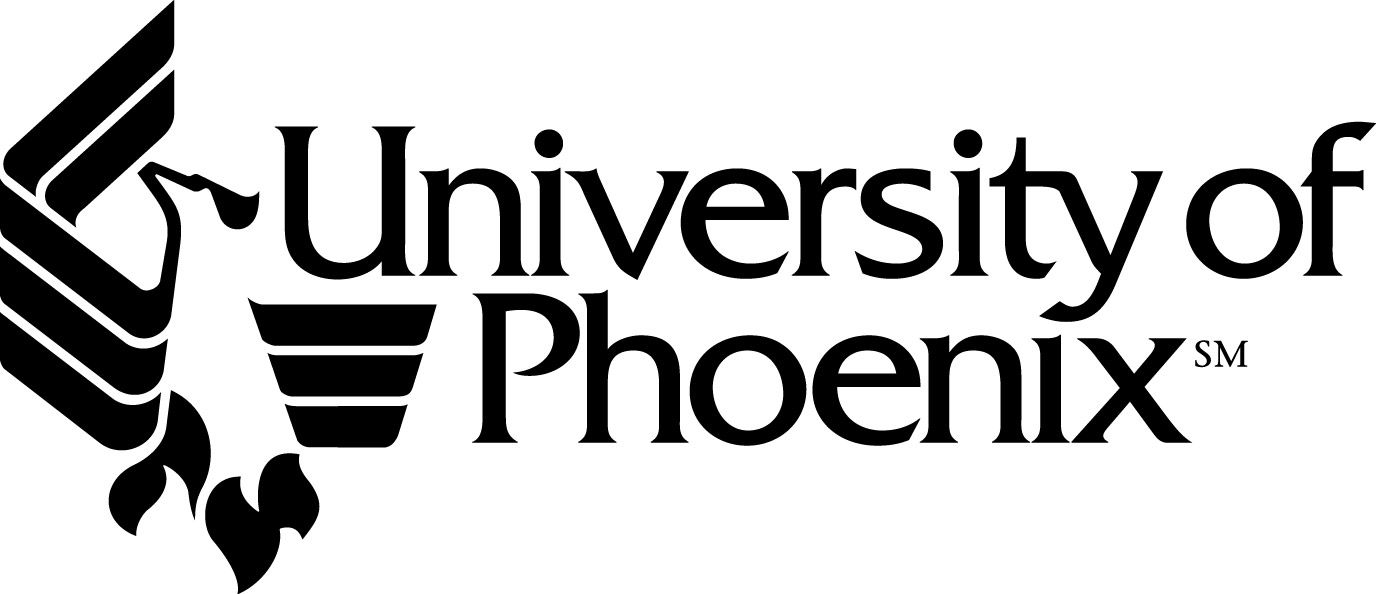My generation was the last one to learn to use a slide rule in school. Today that skill is totally obsolete. So is the ability to identify the Soviet Socialist Republics on a map, the ability to write an operation in FORTAN, or how to drive a car with a standard transmission.
We live in a world of instant access to information and where technology is making exponential advances in synthetic biology, nanotechnology, genetics, robotics, neuroscience and artificial intelligence. In this world, we should not be focused on improving the classrooms but should be devoting resources to improving the brains that the students bring to that classroom.
To prepare students for this high-velocity, high-technology world the most valuable skill we can teach them is to be better learners so they can leap from one technological wave to the next. That means education should not be about modifying the core curricula of our schools but should be about building better learners by enhancing each student’s neural capacities and motivation for life-long learning.
Less than two decades ago this concept would have been inconceivable. We used to think that brain anatomy (and hence learning capacity) was fixed at birth. But recent breakthroughs in the neuroscience of learning have demonstrated that this view is fundamentally wrong.
In the past few decades, neuroscience research has demonstrated that, contrary to popular belief, the brain is not static. Rather, it is highly modifiable (“plastic”) throughout life, and this remarkable “neuroplasticity” is primarily experience-dependent. Neuroplasticity research shows that the brain changes its very structure with each different activity it performs, perfecting its circuits so it is better suited to the task at hand. Neurological capacities and competencies are both measurable and significantly consequential to educational outcomes.
This means that the neural capacities that form the building blocks for learning — attention & focus, memory, prediction & modeling, processing speed, spatial skills, and executive functioning — can be improved throughout life through training. Just as physical exercise is a well-known and well-accepted means to improve health for anyone, regardless of age or background, so too can the brain be put “into shape” for optimal learning.
If any of these neural capacities are enhanced, you would see significant improvements in a person’s ability to understand and master new situations.
While these basic neural capacities are well known by scientists and clinicians today, they are rarely used to develop students into better learners by schools, teachers or parents. There is too little awareness and too few tools available for enhancing a student’s capacity and ability to learn. The failure to focus on optimizing each student’s neural capacities for learning is resulting in widespread failure of the educational systems, particularly for the underprivileged.
Gone are the days when you could equip students with slide rules and a core of knowledge and skills and expect them to achieve greatness. Our children already inhabit a world where new game platforms and killer apps appear and are surpassed in dizzying profusion and speed. They are already adapting to the dynamics of the 21st century. But we can help them adapt more methodically and systematically by focusing our attention on improving their capacity to learn throughout their lives.
This far-reaching and potentially revolutionary conclusion is based on recent research breakthroughs and thus may be contrary to the past beliefs of many teachers, administrators, parents and students, who have historically emphasized classroom size and curriculum as the key to improved learning.
Just as new knowledge and understanding is revolutionizing the way we communicate, trade, or practice medicine so too must it transform the way we learn. For students, that revolution is already well under way but it’s happening outside of their schools. We owe it to them to equip them with all the capabilities they’ll need to thrive in the limitless world beyond the classroom.
I believe that while it’s important to leave better country for our children, it’s more important that we leave better children for our country.
Naveen Jain is a philanthropist, entrepreneur and technology pioneer. He is a founder and CEO of Intelius, a Seattle-based company that empowers consumers with information to make intelligent decisions about personal safety and security. Prior to Intelius, Naveen Jain founded InfoSpace and took it public in 1998 on NASDAQ. Naveen Jain has been awarded many honors for his entrepreneurial successes and leadership skills including “Ernst & Young Entrepreneur of the Year”, “Albert Einstein Technology Medal” for pioneers in technology, “Top 20 Entrepreneurs” by Red Herring, “Six People Who Will Change the Internet” by Information Week, among other honors.

